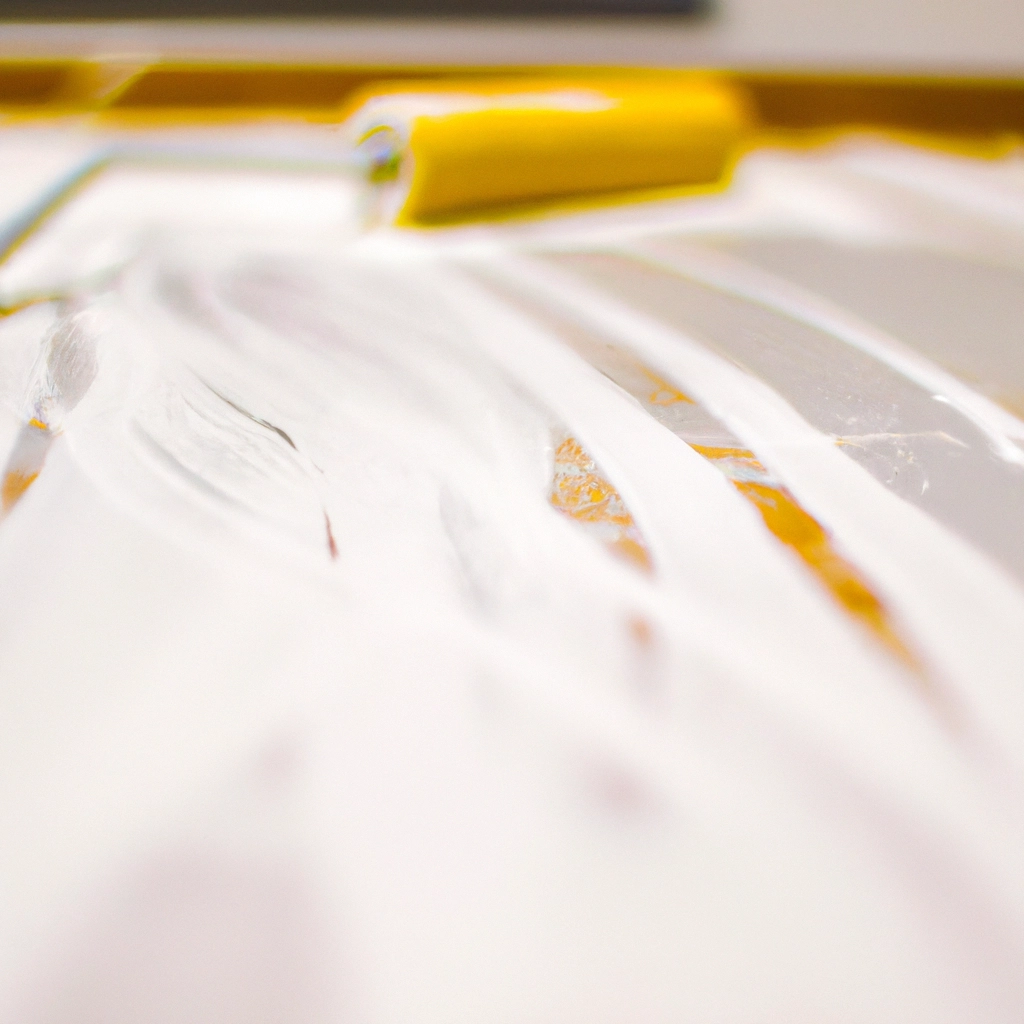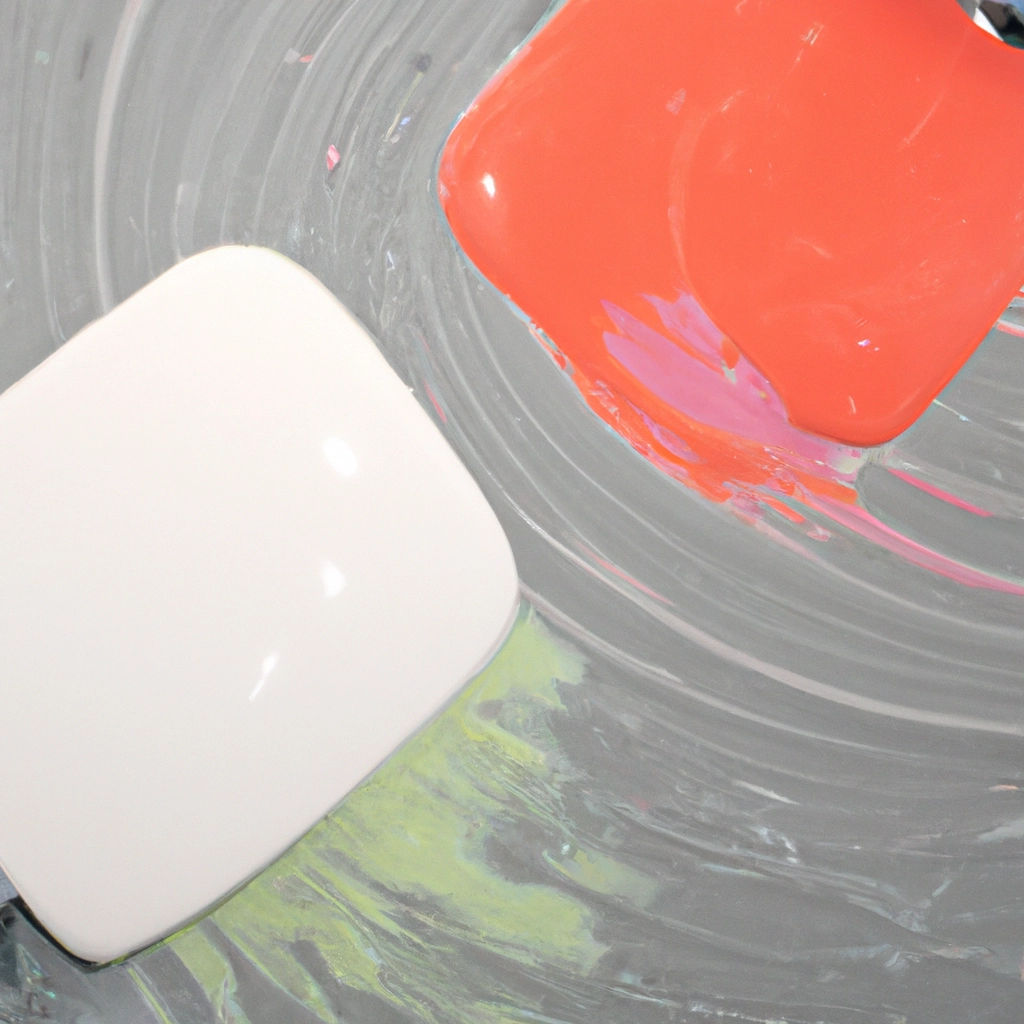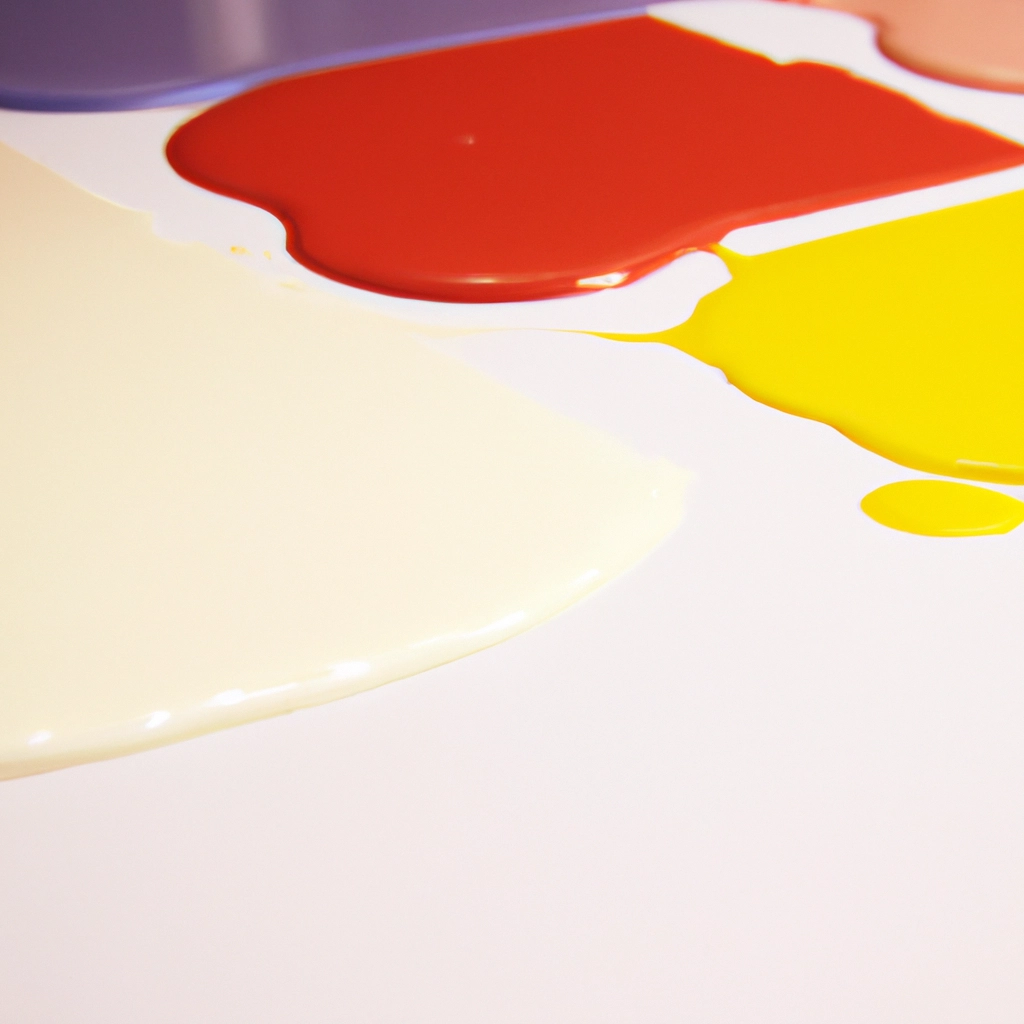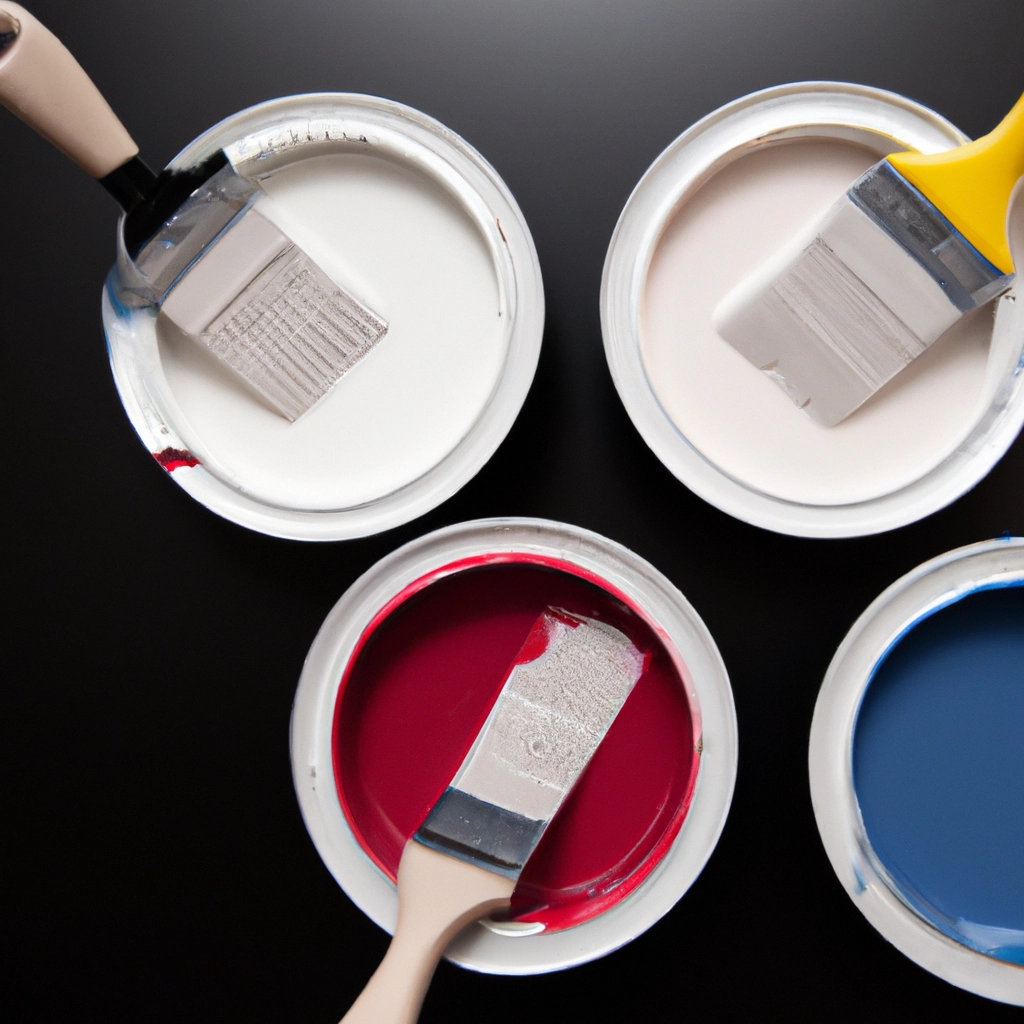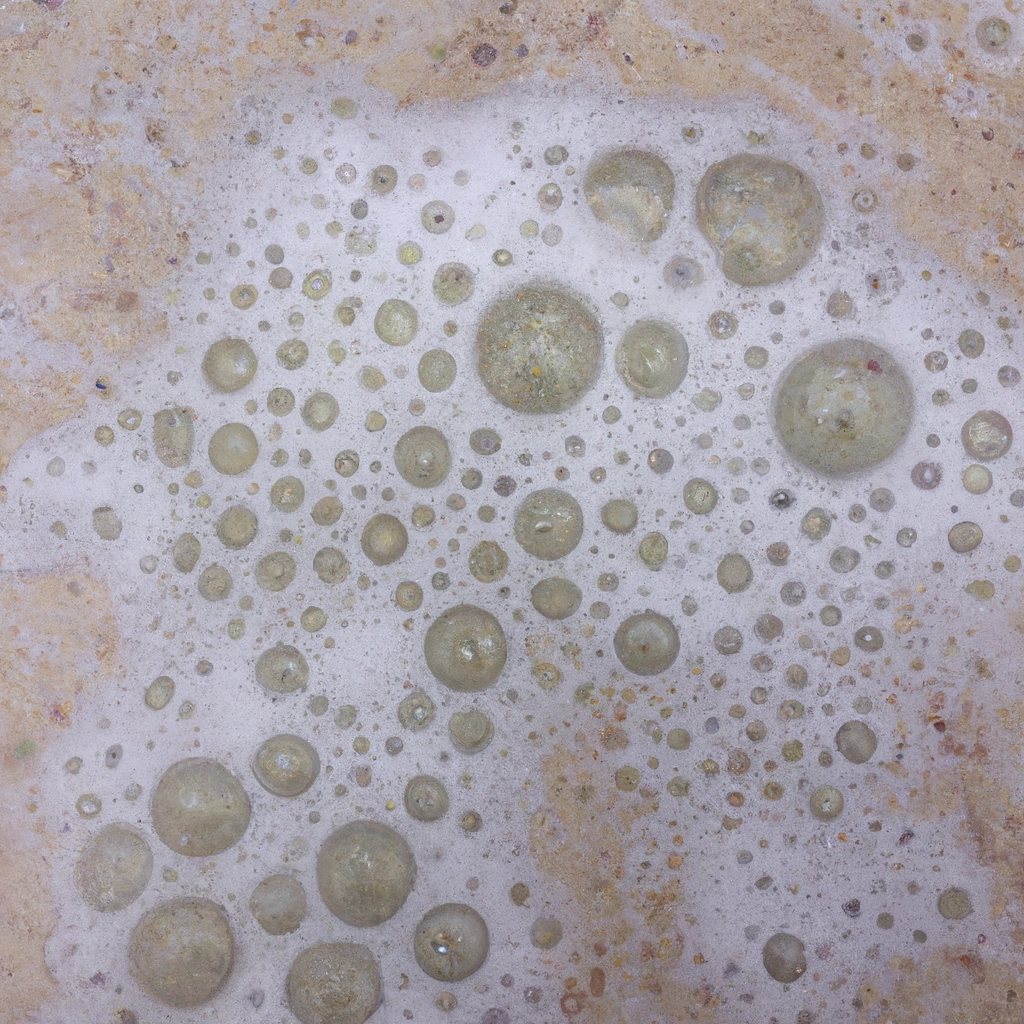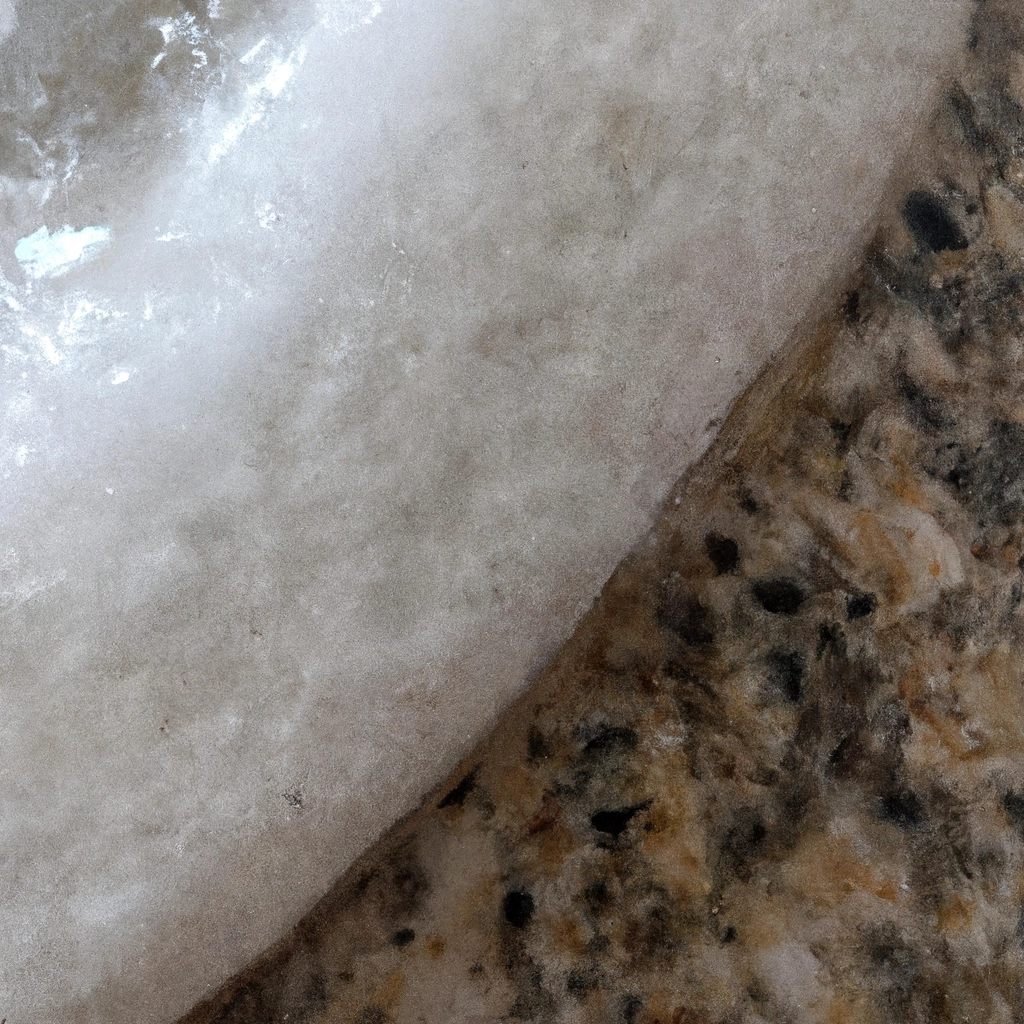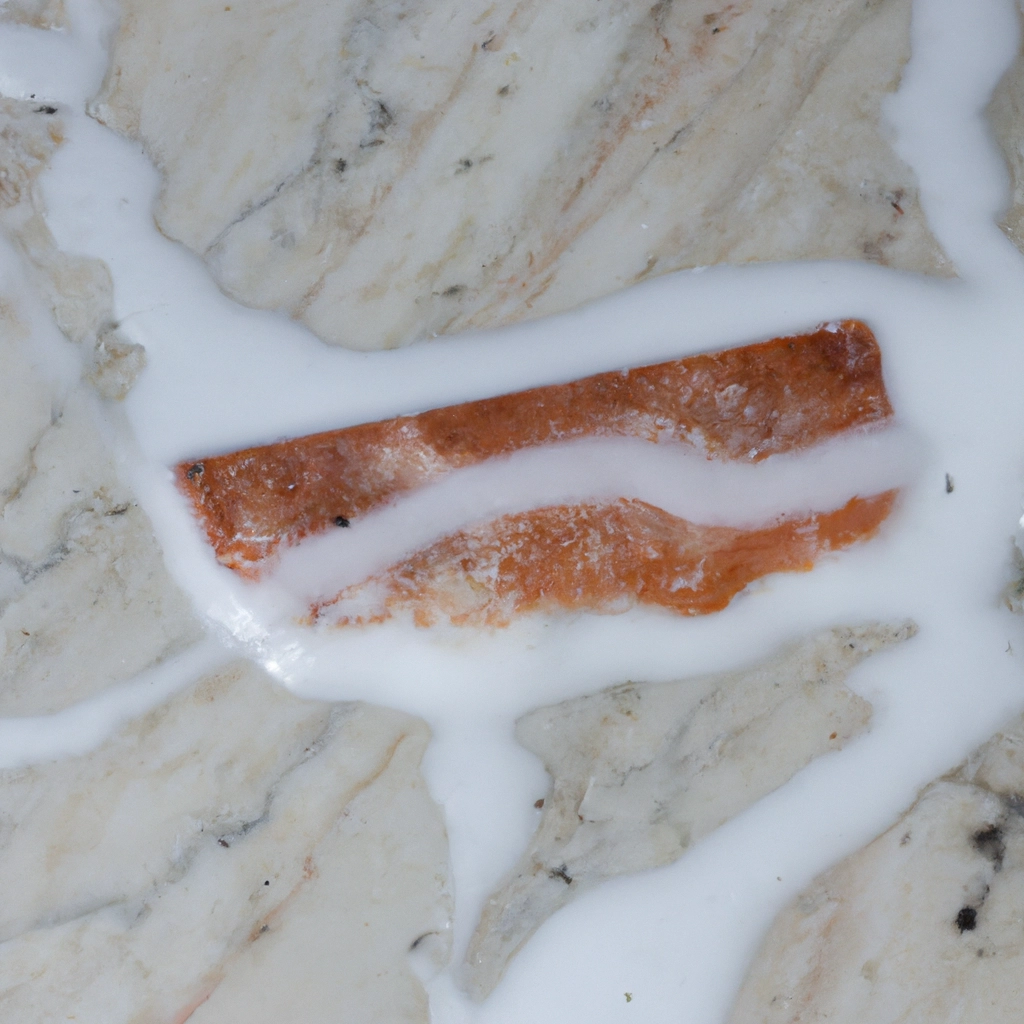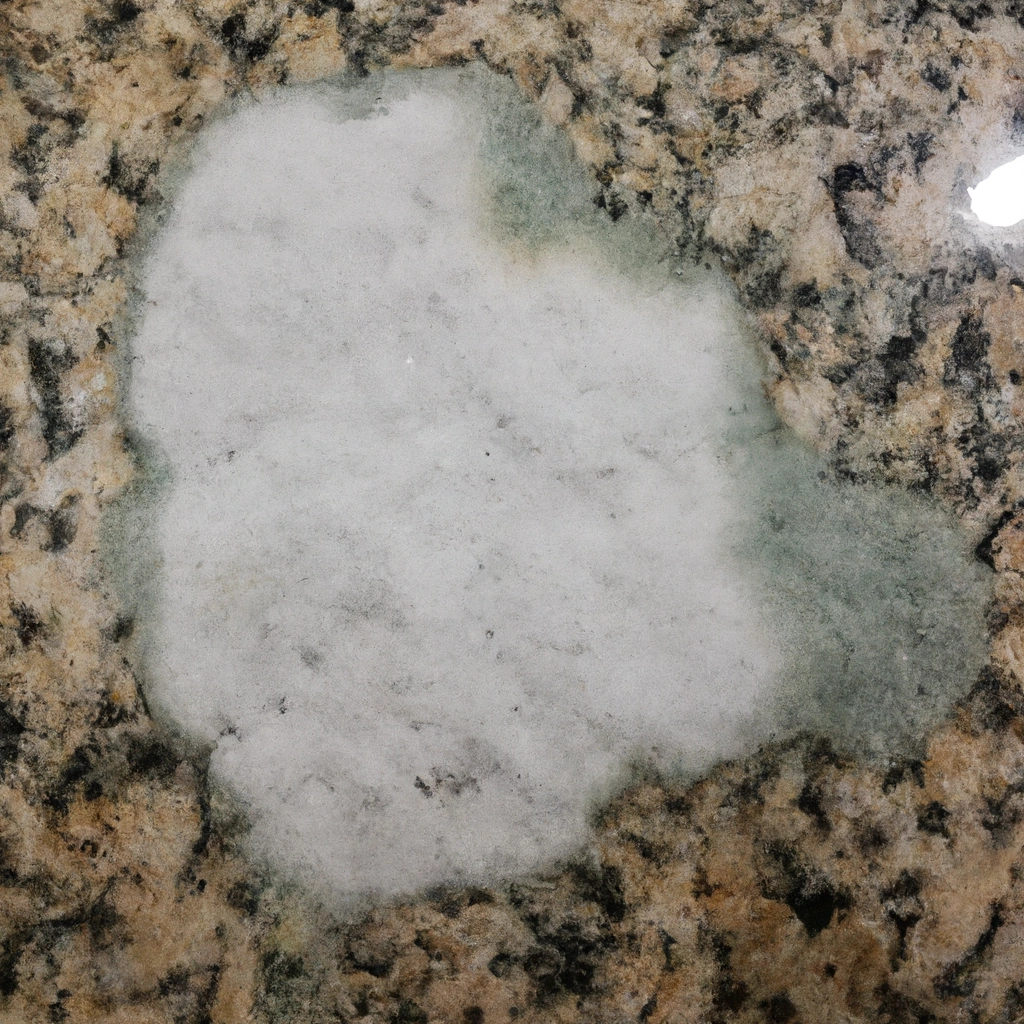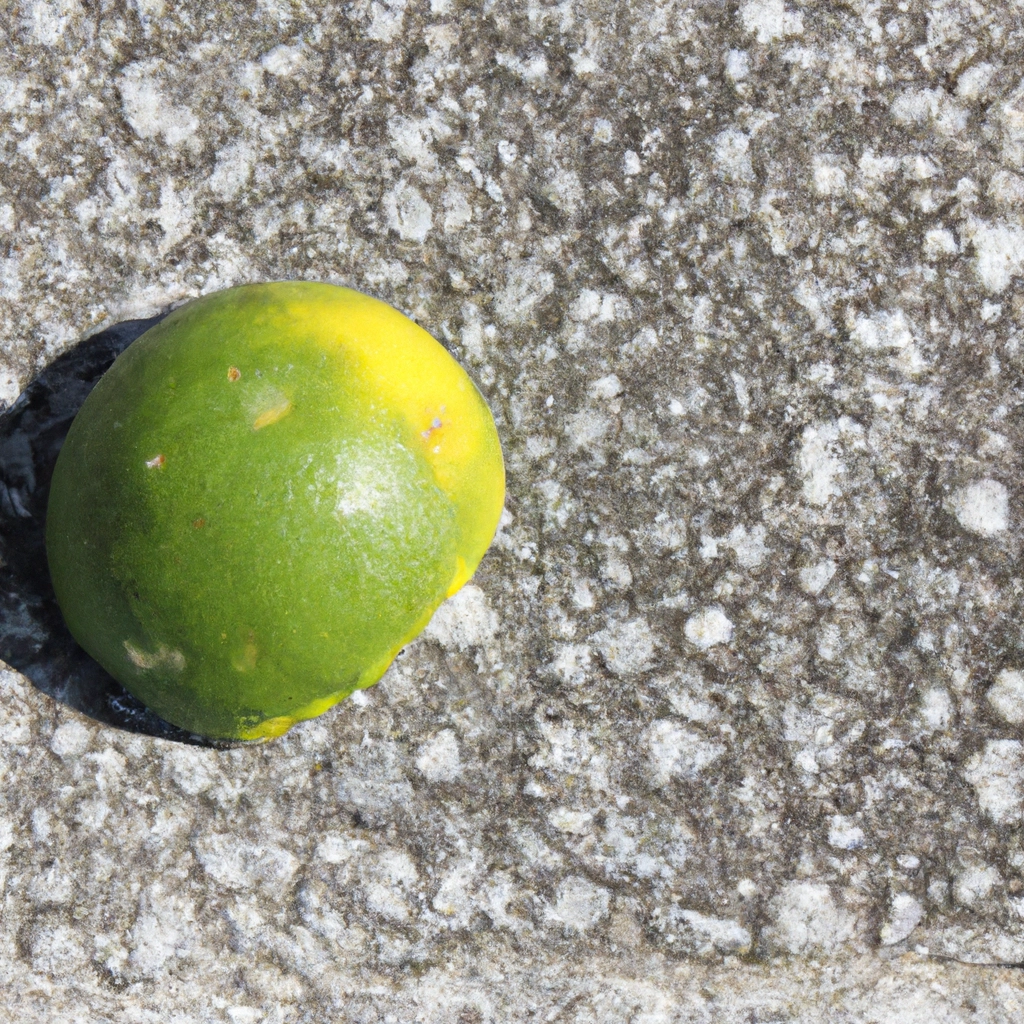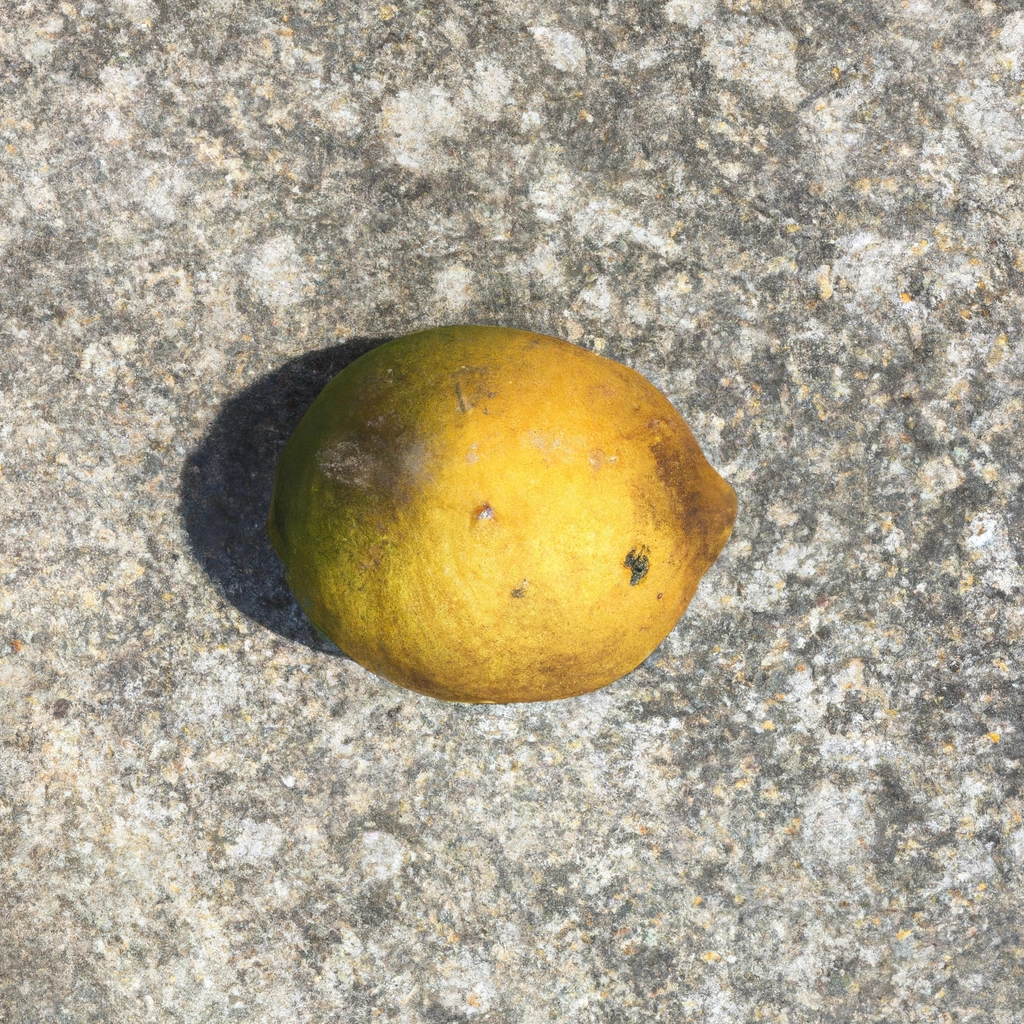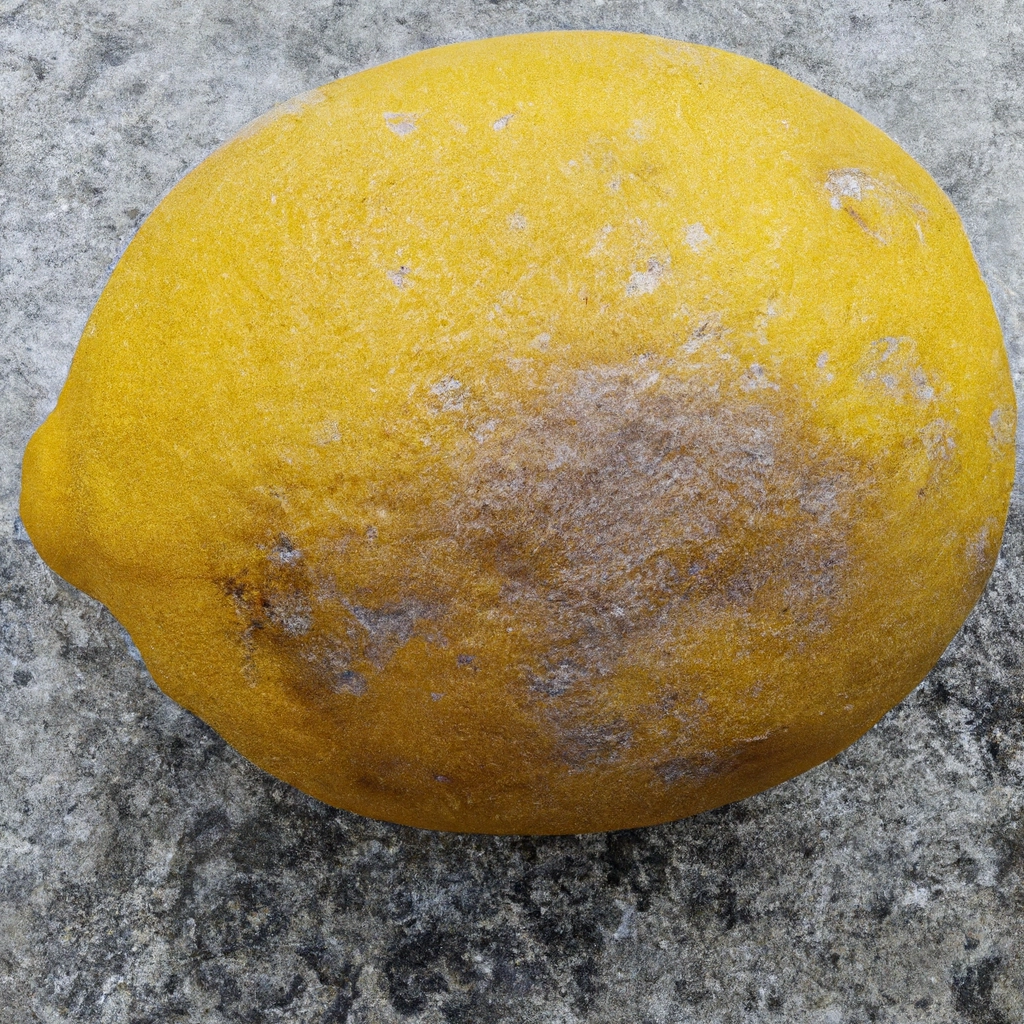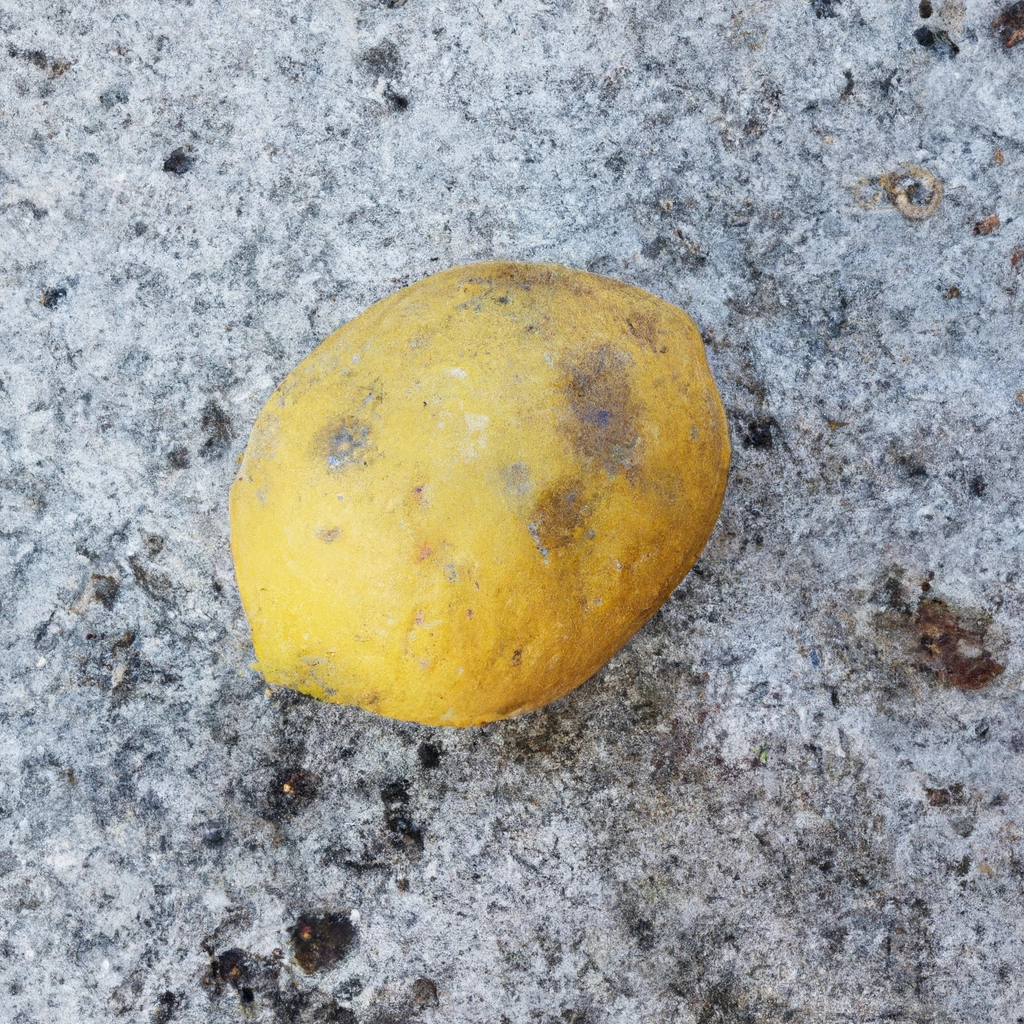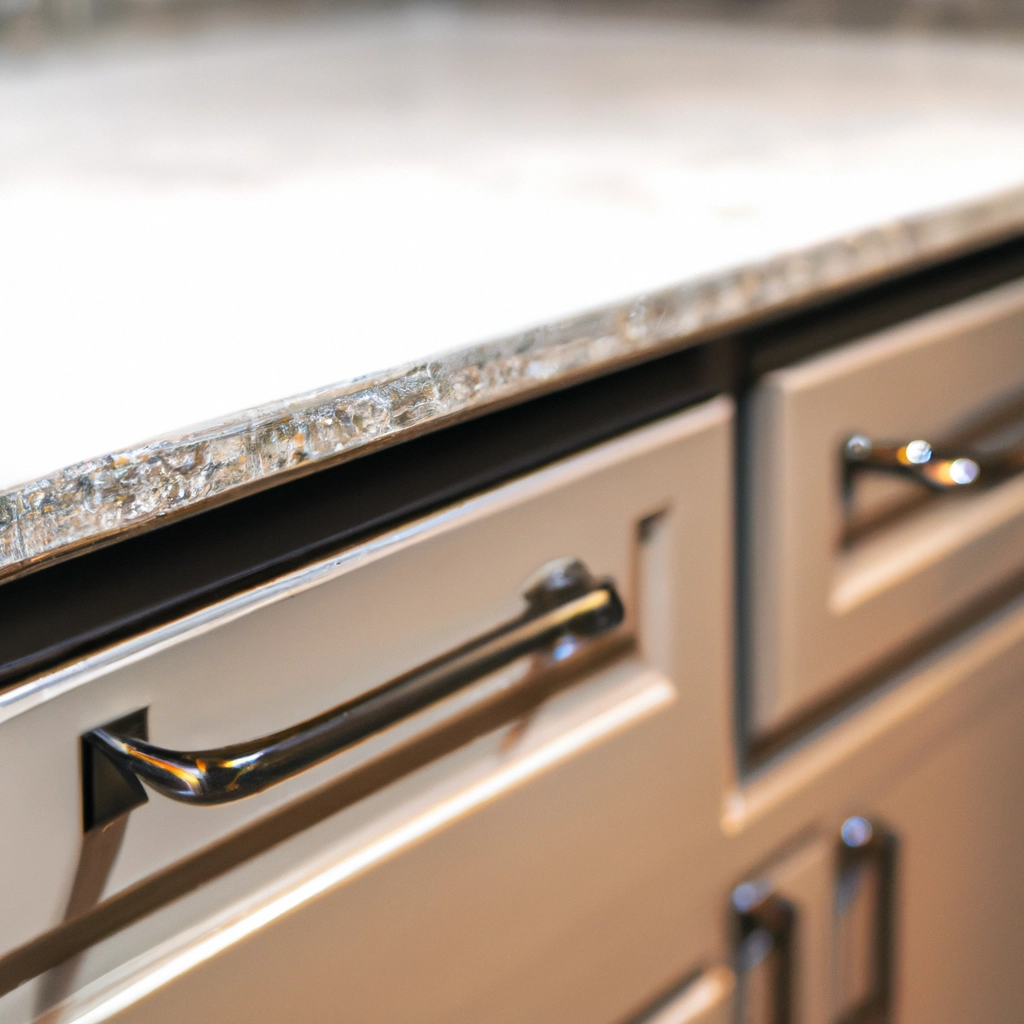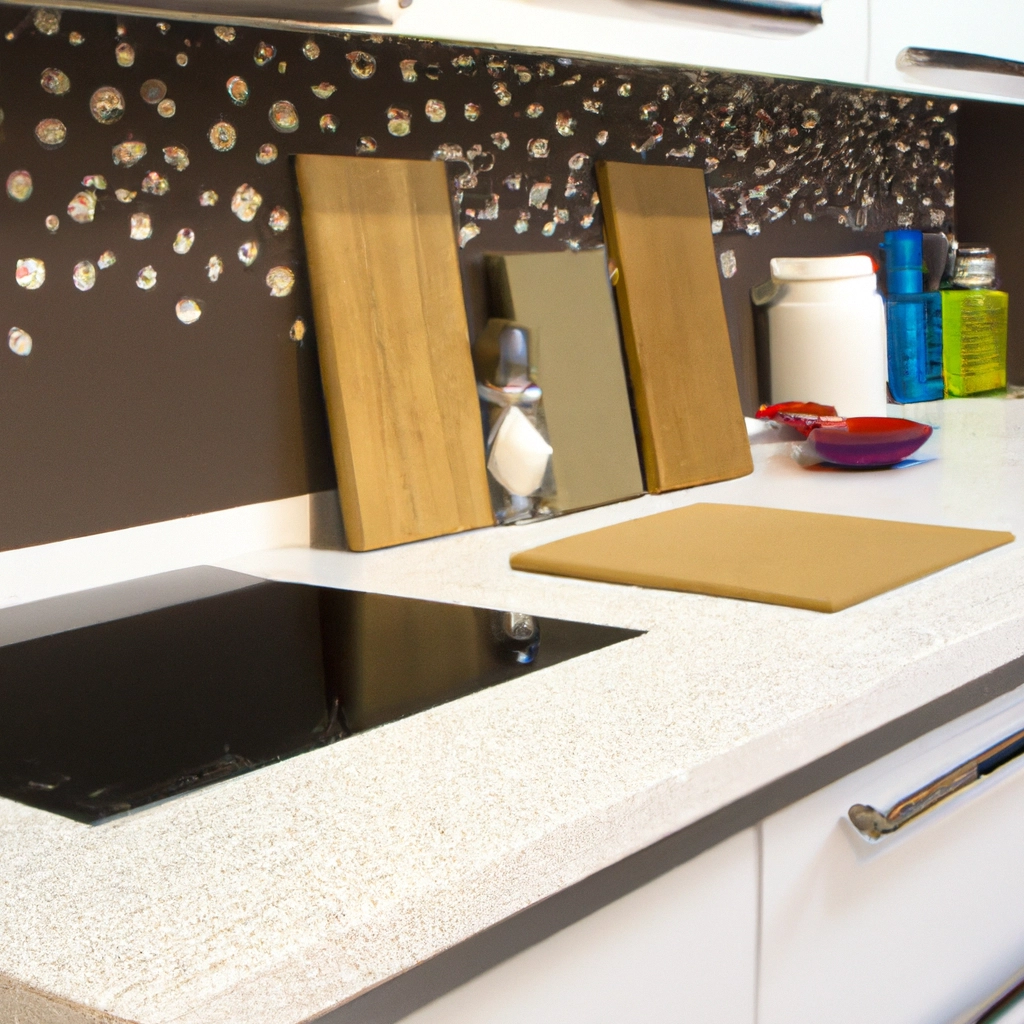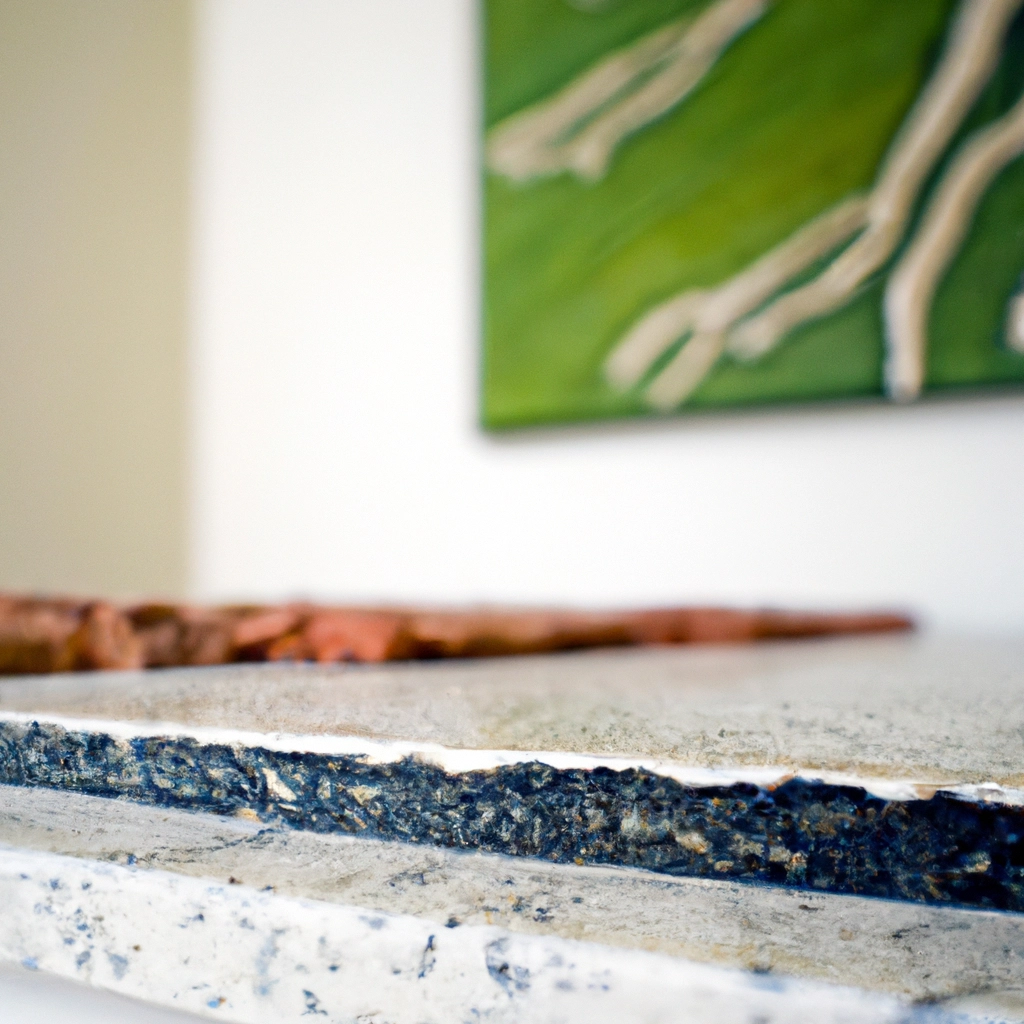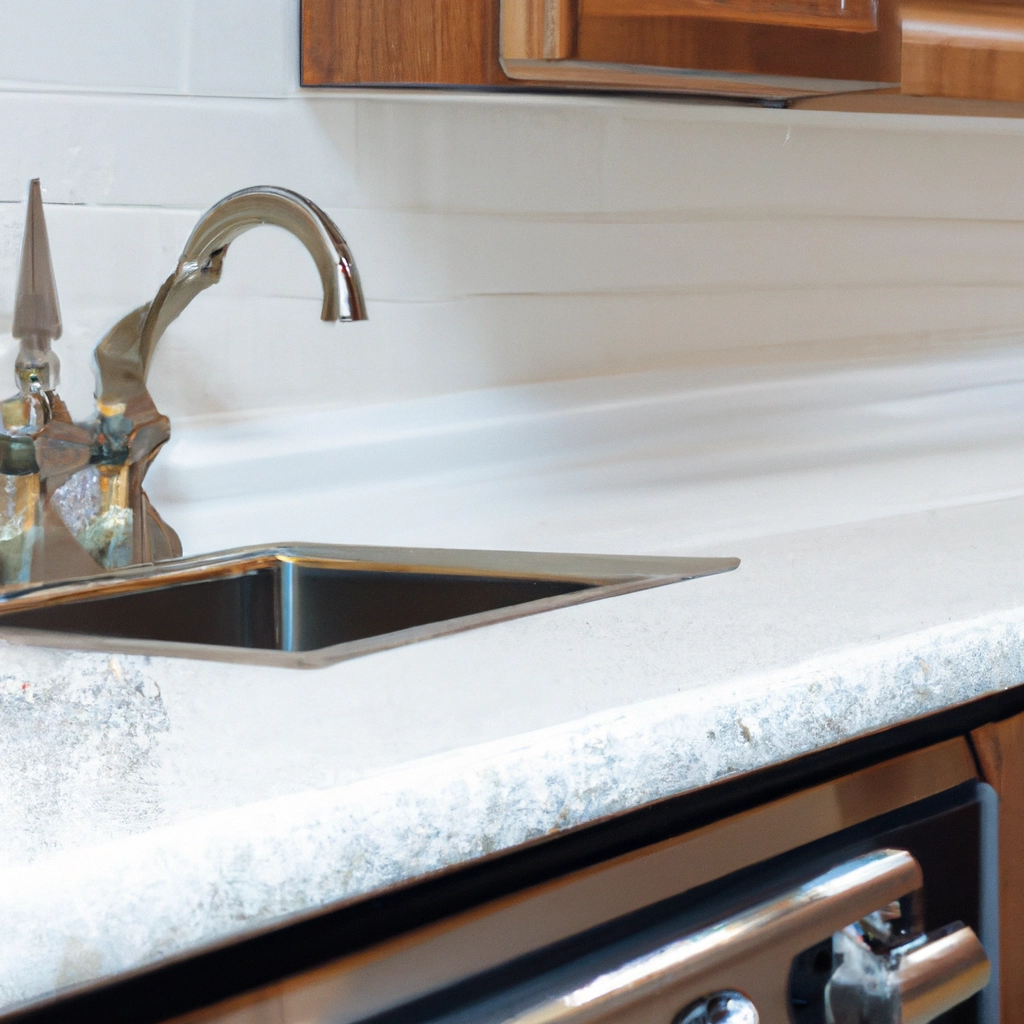Welcome to the great countertop debate: to give them a fresh coat of paint or to usher in brand-new surfaces? This is a tale of transformation and the choices that come with it. As someone who’s grappled with this decision and lived to tell the tale, I’m here to share the highs and lows that come with both painting and replacing countertops. Shall we dive in?
When I first embarked on this adventure, I weighed the pros and cons, juggled my budget, and assessed the endurance of both options. It was no small feat! But the insights I gained proved invaluable. So, if you’re standing where I once did, teetering between a paint can and a catalog of quartz, you’re in luck! Grab a cup of joe, and let’s mull over the possibilities together.
In this personal account, you’ll get a front-row seat to my kitchen’s journey—from drab to fab—and everything in between. Let’s examine the affordability, the look, the longevity, and, yes, even those pesky little challenges that caught me by surprise.
My Decision to Paint Countertops
Imagine a kitchen frozen in time, where laminate countertops reigned supreme, basking in the glory of the 1980s aesthetic. That was the stage of my culinary domain. Desperate for an update but with funds that shrieked “think thrifty,” my mission was clear: find a way to revitalize those counters on a dime.
Thus, I poured over blogs, watched countless tutorials, and finally, armed with knowledge and a tad bit of audacity, I decided that painting my countertops was the bold move I needed. The promise of a budget-friendly facelift with my own two hands was too enticing to pass up. The preparation was meticulous—sanding, priming, and finally, the application of the paint designed for this very purpose.
The roller kissed the surface with a new color, and I could almost hear my kitchen sigh with relief. The transformation was underway, and I was the maestro orchestrating this aesthetic symphony.
Pros and Cons of Painting Countertops
Let’s talk dollars and sense! The allure of painted countertops undoubtedly lies in the affordability. Truth be told, the cost was a fraction of replacement. And I haven’t even got to the best part—the instant impact on my kitchen’s ambiance was staggering. It felt as if the room had shed years, revealing a modern, chic look.
Yet, questions lingered about how my handiwork would stand the test of time. Durability and maintenance were my companions in concern. Would my morning coffee leave a permanent shadow on my newly minted counters? Only time would tell. As for the drawbacks, they emerged subtly—brush strokes that played hide and seek with the light and the occasional longing for the cool touch of granite.
And then, there were surprises, like the extra care I needed to give to avoid scratches and chips. It was a learning curve, but I adapted, discovered the endurance of high-quality sealant, and became vigilant about using cutting boards and trivets.
The Case for Replacing Countertops
Of course, the grass always seems greener on the other side. A close friend embarked on her own kitchen odyssey, opting for replacement. The juxtaposition of our experiences was enlightening. She chose sleek surfaces that promised longevity and, admittedly, had me a smidge envious.
There’s no denying the power of brand new countertops to transform a space. However, this power comes with a price tag that beckons for a more substantial budget. While my bank account said “thank you” for painting, I couldn’t help but marvel at the luxury of her new installation.
The remarkable change in her home’s aesthetic, functionality, and the property’s value seemed to validate her investment. Would her pristine countertops outshine my painted project in durability and satisfaction?
Comparing Long-Term Results
Time is the truest test of all. Several seasons have passed since our countertop escapades. If you’re wondering if the painted countertops endured, they did, but they showed wear, demanding touch-ups. Therein laid the conundrum—my frugality at odds with a desire for lasting perfection.
On the other hand, my friend’s countertops stood proudly with nary a scratch in sight, her investment seemingly justified. It became clear that when durability and hands-off maintenance are your lodestars, replacement might be the north star you follow.
The long-term cost-effectiveness hung in the balance. Was my budget-friendly makeover really saving me money if I had to revamp regularly? Perhaps it was time to admit that while painting was an immediate fix, investing in new countertops could pay dividends in both satisfaction and home value.
Conclusion
In the great countertop saga, my painted counters served their purpose but required ongoing care. My friend’s choice, meanwhile, provided her with a carefree and enduring kitchen masterpiece. The narrative of painted versus replaced countertops is as unique as the individual embracing the project.
If you find yourself in the throes of this decision, remember to consider your priorities, your wallet’s weight, and your long-term vision for your space. Whether you opt to paint or go for the full replacement, may your kitchen reflect the essence of your home and the heart of your comfort.
And if you’re hungry for more kitchen transformation tales and tips, don’t forget to peek at our kitchen renovation ideas that could further inspire your journey!
Frequently Asked Question
-
What are the advantages and disadvantages of painting countertops instead of replacing them?
Painting countertops instead of replacing them can be a cost-effective way to give your kitchen or bathroom a fresh new look. One advantage is that it is a more budget-friendly option compared to the expense of purchasing and installing new countertops. Additionally, painting allows for more flexibility in terms of color and design choices, giving you the opportunity to customize the look of your countertops to suit your aesthetic preferences. However, it’s important to note that there are some disadvantages to consider, such as the need for regular maintenance and upkeep to prevent chipping or scratching of the painted surface. Furthermore, painted countertops may not have the same durability and longevity as professionally installed new countertops, so it’s important to weigh these factors when making a decision.
Overall, painting countertops can be a viable option for those looking to update their space on a budget and with a personal touch. However, it’s important to carefully consider the potential maintenance and longevity factors before deciding whether painting or replacing countertops is the best choice for your particular needs and preferences.
